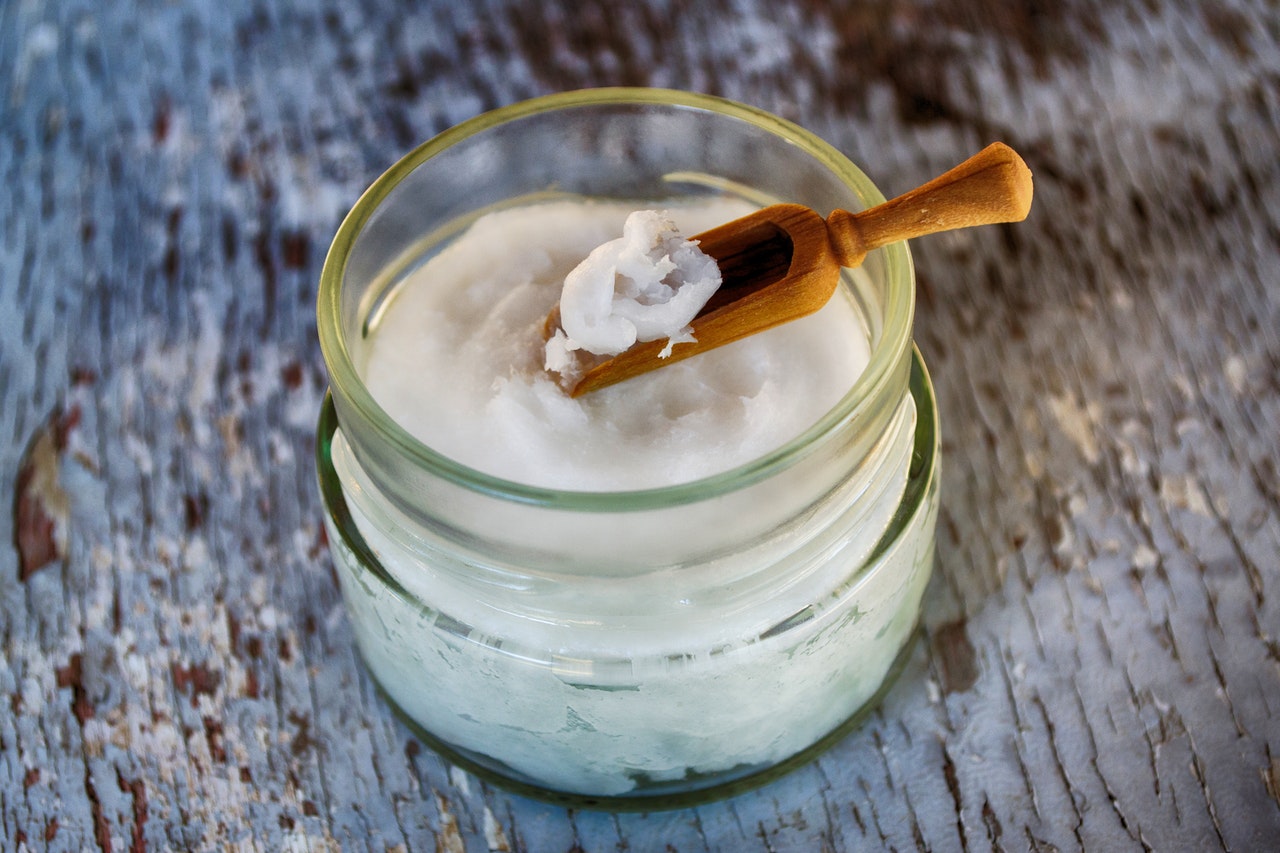Did you know that the pancreas plays a vital role in your pet's health? This small organ is responsible for producing enzymes that help break down food, and it also produces insulin which helps regulate blood sugar levels. When the pancreas doesn't function properly, it can lead to pancreatic problems, digestive issues, and even diabetes.
In this blog post, we'll dive deeper into the main functions of the pancreas and the role this essential organ plays in your pet's body. We'll also explain why pancreatic hormone dysfunction can lead to diabetes. Finally, we'll discuss how virgin coconut oil (VCO) supports pancreatic health and helps prevent and manage diabetes in pets.

What Are the Main Functions of the Pancreas?
The pancreas has two separate and distinct functions: exocrine and endocrine. Let's take a look at each of these:
Exocrine Function
About 95% of the pancreas is made up of exocrine tissue (also known as acinar cells) which produce enzymes that are secreted into the pancreatic ducts. These enzymes help to break down nutrients such as proteins, carbohydrates, and fats so they can be absorbed by the body. The exocrine cells also produce bicarbonate, which helps neutralize the acidic chyme that exits the stomach.
Endocrine Function
The remaining 5% of the pancreas is made up of endocrine cells known as islets of Langerhans. These cell clusters produce important hormones that help regulate pancreatic secretions and control blood sugar levels. There are two main types of endocrine cells in the pancreas:
- Alpha cells: secrete glucagon, which raises the concentrations of glucose and fatty acids in the bloodstream. Glucagon is considered to be the main catabolic hormone in the body. This means that it helps to break down large molecules (like proteins) into smaller ones so that they can be used by the body.
- Beta cells: secrete insulin, an anabolic hormone that reduces glucose and fatty acids in the blood. Anabolic hormones do the opposite of catabolic hormones – they help to build up large molecules from smaller ones. Insulin is an anabolic hormone that promotes cell division and growth, controls blood sugar levels, and regulates the body's energy supply.
Endocrine hormones help control the body's metabolism by regulating the release of glucose from the liver, and they also play a role in how the body uses and stores energy. In a healthy pancreas, pancreatic hormones work together to maintain a delicate balance. But when the pancreas is not functioning properly, it can lead to serious health problems including pancreatitis and diabetes.
In the next section of this post, we'll explore how pancreatic hormone dysfunction can lead to diabetes in pets. And later, we'll discuss how the unique properties of VCO help to support pancreatic health and prevent diabetes.
Pancreatic Hormone Dysfunction and Diabetes
In our previous post, we looked at some of the risk factors for diabetes in pets, including genetics, autoimmune disease, obesity, and other underlying medical conditions. Now, let's look at how pancreatic hormone dysfunction can lead to diabetes.
Diabetes mellitus is an endocrine disorder that's characterized by a relative or absolute insulin deficiency. It results in altered cellular transport and metabolism of glucose, lipids, and amino acids. In a healthy animal, the pancreas produces insulin in response to rising blood sugar levels. This insulin then helps to transport glucose into the cells where it can be used for energy.
But in a diabetic animal, the pancreas doesn't produce enough insulin (or any at all), and this leads to high blood sugar levels. Over time, high blood sugar levels can damage the body's organs and lead to serious health problems.
How Can Virgin Coconut Oil Help Prevent and Manage Diabetes?
Now that we've looked at how pancreatic hormone dysfunction can lead to diabetes, let's explore how VCO can help.
VCO is rich in medium-chain fatty acids (MCFAs) which are easily metabolized and used by the body for energy. They're metabolized differently than other types of fats, and they don't require pancreatic lipid enzymes or insulin for absorption.
The MCFAs in virgin coconut oil supply energy to the cells without adversely affecting blood sugar or insulin levels. This is especially important for diabetic animals, as their bodies are unable to properly metabolize glucose.
In addition, VCO helps to enhance insulin sensitivity. This means that it helps the body to better respond to insulin and use it effectively. VCO also has powerful anti-inflammatory properties. This is important because chronic inflammation can lead to insulin resistance and type II diabetes.
Some evidence suggests that VCO can even reduce the symptoms associated with type II diabetes. A 2009 animal study found that a diet rich in MCFAs could help prevent obesity and fight insulin resistance – both of which can lead to type II diabetes. A more recent study using rats showed a reduction in blood glucose levels. Researchers also found that MCFAs could lower fat buildup and sustain insulin action in fat tissue and muscle.
Final Words
Pancreatic health is important for a healthy body. If the pancreas isn't functioning properly, it can lead to serious problems including pancreatitis and diabetes. The good news is that there are natural substances like VCO which provide relief and preventative measures against these conditions.
Virgin coconut oil has been shown to offer many benefits such as improved insulin sensitivity, enhanced glucose metabolism, and reduced inflammation. All these benefits make it an excellent choice for those looking to support their pet's pancreatic health.
When choosing a virgin coconut oil to give to your pets, make sure to choose a therapeutic-grade product like CocoTherapy Virgin Coconut Oil that contains high levels of MCFAs. All our coconuts are sourced from our family-owned, USDA-inspected coconut plantation in the Philippines, and each batch of oil is carefully produced in our family-owned facility. This means that you're guaranteed a high-quality product that will support your pet's health for years to come!
Want to find out more about how we make CocoTherapy Virgin Coconut Oil? Discover the CocoTherapy difference here.



